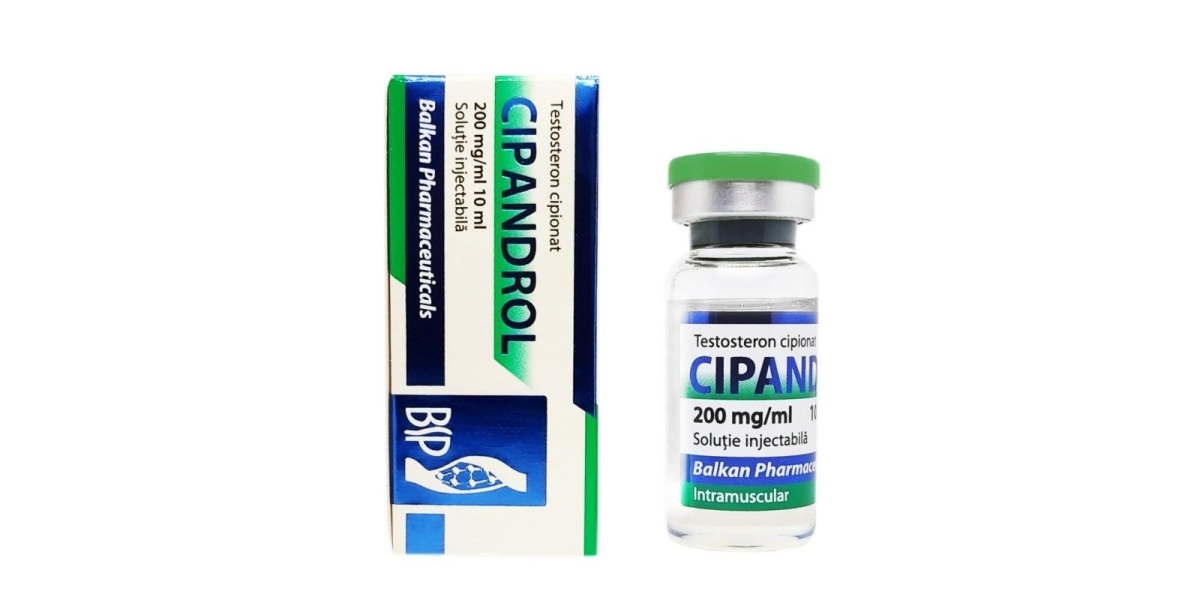Hormonal therapies are pivotal in the management of various medical conditions, from hormonal imbalances to specific types of cancer. However, when it comes to medications like testosterone cypionate, the stakes are particularly high due to their powerful effects and potential for misuse. Why is it critical to adhere strictly to medical guidance when using such therapies? This discussion will delve into the intricate balance of benefits and risks associated with testosterone cypionate and similar treatments.
What is Testosterone Cypionate?
Testosterone cypionate is a synthetic form of the naturally occurring male hormone testosterone. It’s used primarily to treat conditions caused by a lack of testosterone in men. These conditions include delayed puberty, impotence, and other hormonal imbalances. Because of its potent effects and potential for abuse, testosterone cypionate is classified as a controlled substance in many countries.
This drug is more than just a treatment—it's a substance that demands respect and strict adherence to guidelines to avoid significant health risks. For example, unauthorized use can lead to severe cardiac, psychological, and reproductive issues. Hence, it’s essential that administration is closely monitored by a healthcare professional.
Risks Associated with Unsupervised Use
The consequences of misusing testosterone cypionate can be dire. Here are several health risks that underscore the need for supervised use:
- Physical health risks: Misuse can lead to heart disease, liver damage, and increased risk of stroke or heart attack.
- Mental health issues: Overuse can exacerbate or trigger mental health problems such as aggression, mood swings, and depression.
- Reproductive effects: Improper use can result in infertility and other reproductive system issues in both men and women.
In women, exposure to testosterone products during pregnancy can harm fetal development, leading to birth defects or other serious outcomes. This risk makes it crucial for not just those undergoing treatment but also those around them to handle these substances with care.
Legal and Ethical Considerations
Navigating the legal landscape of testosterone cypionate is vital for both medical professionals and patients. Illegally obtaining or distributing testosterone can result in severe legal consequences, including fines and imprisonment. From an ethical standpoint, medical professionals are bound by their duty to ensure that they prescribe such substances only when truly necessary and in safe, controlled environments.
Ethics also dictate the necessity for comprehensive patient education about the potential effects and proper use of testosterone cypionate, ensuring that patients are fully aware of what to expect and how to handle their treatment responsibly.
Safe Practices for Hormonal Therapy
To mitigate risks and maximize benefits, here are some recommended practices for both patients and healthcare providers:
- For patients:
- Always follow your doctor's prescriptions and guidance.
- Regularly attend follow-up appointments to monitor the therapy’s effectiveness and side effects.
- Educate yourself about your medication, including potential side effects.
- For healthcare providers:
- Thoroughly evaluate patient history and symptoms before prescribing.
- Educate patients on the correct use and potential risks of testosterone therapy.
- Monitor patient response to therapy closely and adjust dosages as necessary.
One of the trusted sources for acquiring testosterone cypionate is through MisterOlympia https://misterolympia.shop/buy/injectable-steroids/testosterone/testosterone-cypionate/, ensuring that you are receiving a quality product when prescribed by a healthcare professional.
Conclusion
The regulated use of hormonal therapies such as testosterone cypionate is not just a matter of legal compliance—it’s a critical component of patient care and safety. By understanding the risks and adhering to professional guidelines, patients and providers can safeguard health while harnessing the significant benefits that these powerful treatments are designed to offer. Remember, the path to effective treatment lies in respect for the drug’s power and potential.








